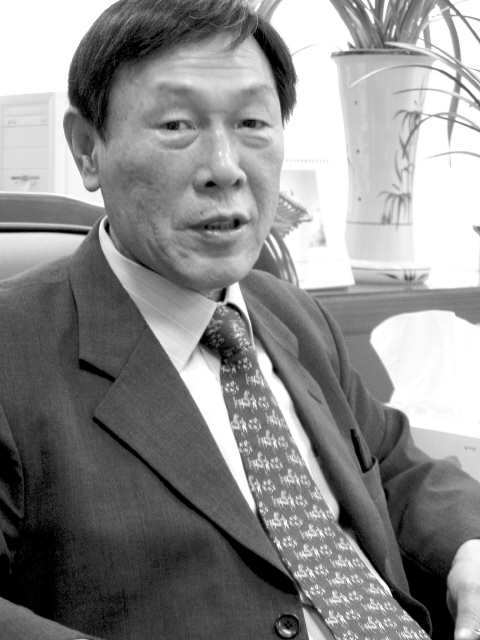영원한 교육자로 남고싶어

퇴임을 앞두고 그동안 가르쳤던 학생들의 얼굴이 파노라마처럼 스쳐간다는 정 교수. 그에게 수업은 학생들의 젊음을 느낄 수 있는 통로이자, 교수생활에 있어 커다란 활력소였다. 그만큼 학생들에 대한 애정이 깊었던 그는 평소 학생들과 가깝게 지내기로 유명하다. 이런 친분 덕에 지금껏 많은 제자들의 주례를 섰다고 한다. 제자 얘기를 하는 내내 입가에 미소가 떠나지 않는 그에게서 학생들을 아끼는 따뜻한 마음을 느낄 수 있었다.
그는 대학 졸업 후 2년간 중학교 교사로 재직하면서 교육자의 길을 걷게 되었다. 그러나 교육 현장에서 학생들을 가르치는 동안 많은 한계를 느껴 다시 공부를 시작하게 됐다. 그리고 훌륭한 교사를 양성하는 것이 더 많은 인재를 낳을 수 있다는 생각으로 학생들을 가르쳐왔다.
‘교육은 백년지대계’라는 말이 있듯, 교육이란 장기적인 안목으로 접근해야 하는 일인 만큼 그는 시스템의 중요성을 강조한다. 자신이 교육학을 전공한 이유도 교육행정과 교육시스템을 공부하기 위해서였다고 한다. 이처럼 교육행정에 대한 관심이 남달랐던 그는 한국교육행정학회장까지 맡았다.
그는 최근 우리나라 교육문제에 대해서도 충고를 아끼지 않았다. “입시경쟁에 치우친 우리의 현 교육이 학생들 각자의 개성과 능력을 살리지 못하고 열정을 낭비하게 한다”며 “학생들 스스로 자신의 길을 개척할 수 있는 교육시스템이 마련되어야 한다”고 했다. 퇴임 후에도 한국 교육이 나아가야 할 방향을 연구하고 대안을 제시하고 싶다는 정 교수. 한국교육과 평생을 함께할 정교수의 힘찬 발걸음을 기대해 본다.

